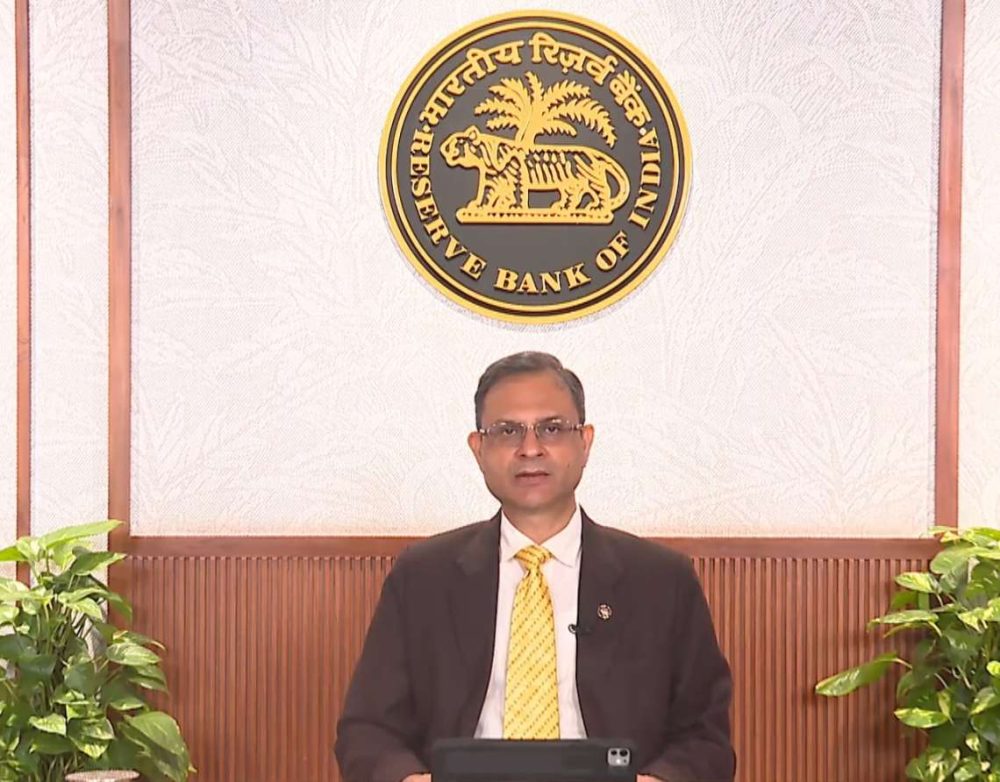The total inflow into various SIPs of mutual funds during the calendar year 2023 was about Rs 1.83 lakh crore with the inflow in December last year at about Rs 17,600 crore…writes Venkatachari Jagannathan
The belief in India’s growth story and in its stock markets has triggered a trend of investors breaking their fixed deposits and investing in mutual funds and stock markets, said Bhuvanaa Shreeram, Co-Founder and Head, Financial Planning, House of Alpha Investment Advisers, Mumbai.
She also said the systematic investment plans (SIPs) of mutual funds have gained immense popularity, especially among young and middle-aged investors as they offer a disciplined approach to investing in risky asset classes such as equities, are less impacted by market volatility, and benefit from rupee cost averaging.
“There is a trend of investors breaking fixed deposits or redirecting savings for higher-yield investments like mutual funds, especially during bull markets. This is often driven by the lure of higher returns despite the increased risk. Also, the belief in the India growth story and in the stock markets is triggering this trend,” Shreeram told IANS in an interview.
According to her, investors should be aware of the premature withdrawal penalties and the effect of reinvestment risk, especially in a fluctuating interest rate environment.
The two Indian stock markets are touching new heights in the recent times.
It is also said that many are availing personal loans from banks and other financial institutions and investing in stock markets to reap higher returns.
So much so, the total inflow into various SIPs of mutual funds during the calendar year 2023 was about Rs 1.83 lakh crore with the inflow in December last year at about Rs 17,600 crore.
SIPs have seen a consistent rise in popularity, with increasing numbers of accounts and inflows, especially among younger investors, Shreeram said.
But is this the best time to invest in mutual funds/SIPs?
“More money has been lost waiting for the best time than weathering the bad times. The best time is subjective and depends on personal financial goals. However, starting early and continuing to invest during market dips can maximise returns due to rupee-cost averaging,” Shreeram said.
SIPs are ideal for almost anyone, especially those who have regular monthly income and who wish to invest in a disciplined manner with a long-term perspective.
SIPs are ideal for long-term wealth creation, particularly in volatile markets and especially for those who have regular monthly income. They help in averaging out the cost of investment and instil financial discipline.
As to the number of SIPs for an investor, Shreeram said it should be based on the investor’s capacity to invest, financial goals, and desired diversification. Typically, 8-10 schemes should suffice.
Taxation depends on the type of fund chosen. Equity funds are subject to capital gains tax (Long Term – 10 per cent, Short Term – 15 per cent), while debt funds are taxed as per the income tax slab if withdrawn before three years.
Coming to the trends in fixed deposits, she said in recent years, factors like inflation, interest rate trends set by the central banks and the general economic climate have resulted in fluctuating interest of investors in this avenue.
In recent times, Indian banks have been increasing their interest rates on fixed deposits and the rate ranges between 3-7 per cent based on the tenure.
“Typically, during periods of economic uncertainty or lower stock market performance, people gravitate more towards fixed deposits due to their safety and predictability. And when alternate investment avenues like stock markets or the business environment are vibrant, fixed deposits are less preferred,” Shreeram said.
Fixed deposits are ideal for conservative investors, retirees, or those seeking a stable income stream without exposure to market volatility. They are suitable during times of high-interest rates or when the stock market is overvalued and volatile.
“Bank fixed deposits typically offer lower returns than instruments like National Savings Certificate (NSC) or corporate deposits, but are considered safer and easier to liquidate. The choice depends on the risk tolerance and the required rate of return of the investor,” she said.
According to her, public sector banks generally offer slightly lower interest rates compared to private and small finance banks. However, they are often considered more stable. Private and small finance banks might offer higher rates to attract depositors, but they come with a slightly higher risk profile.
Interest on fixed deposits is taxable as per the individual’s income tax slab. TDS is deductible on the interest earned. This differs from tax-saving instruments like PPF or ELSS funds which offer tax benefits under Section 80C of the Income Tax Act.
ALSO READ: Spotify Protests Apple’s ‘Unacceptable’ App Store Revamp














